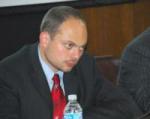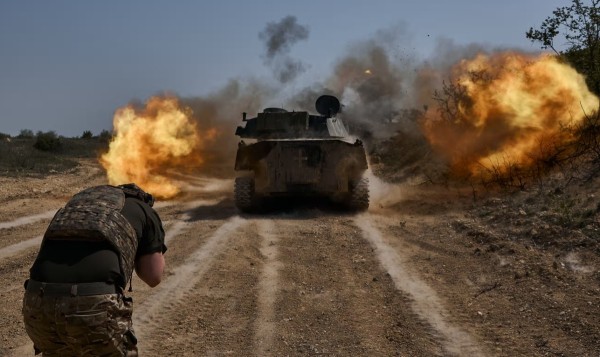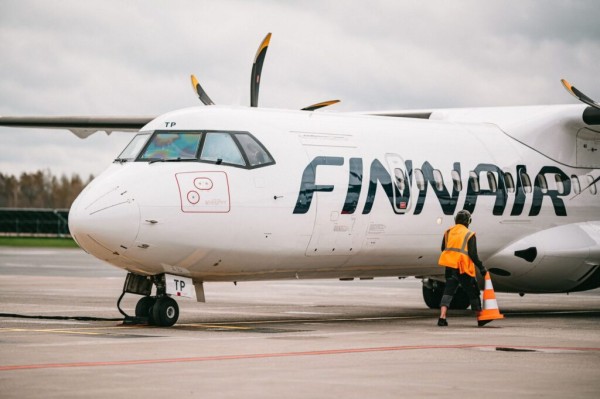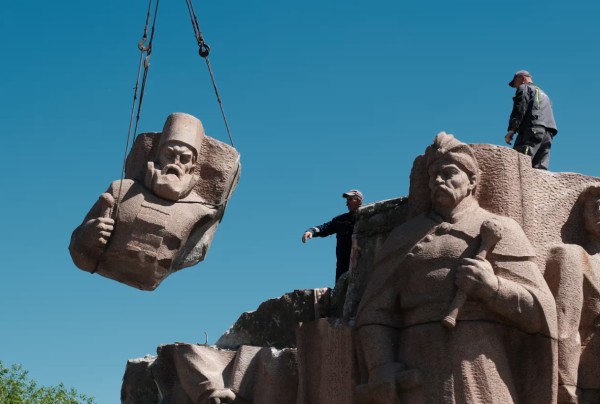
Vladimir Kara-Murza
World Affairs, Feb. 27
This afternoon, Members of Congress and leaders of the DC Council will join friends, family, and colleagues of Boris Nemtsov, the Russian opposition leader who was assassinated on a bridge in front of the Kremlin exactly three years ago, for the unveiling of the world’s first official memorial to him: Boris Nemtsov Plaza in Washington. The street naming was enacted by a DC law passed unanimously by the Council and signed by Mayor Muriel Bowser; an earlier initiative in Congress had been supported by senior legislators on both sides of the aisle. Boris Nemtsov Plaza directly fronts the Russian Embassy in Washington, which thus becomes the first Russian diplomatic mission abroad to be standing on a street named for a Russian statesman. One day, Russian diplomats working here will be proud of it.
Also today, on the third anniversary of Nemtsov’s death, we are publicly releasing (http://nemtsovfilm.com/en) the English-language version of a film about his life, the documentary Nemtsov, which I made with support from Open Russia and the Institute of Modern Russia (both now designated by the Russian government as “foreign undesirable organizations”) and a talented team of television producers, Renat Davletgildeev and Maria Lekukh. I am deeply grateful to all of them—as I am to my wife, Evgenia, for her understanding and support.
It is a film that should not have been made; at least not for a very long time. I have no words to describe what I would give not to have had to make it.
It took me a year and a half to make this documentary (the actual work took a year, but I had to take a long break in the middle for reasons that are perhaps known). This was a very educational work for me. I now know that it is very painful, almost impossible, to make a film about a close friend who had been murdered. This was the most difficult thing I did in my life. And at times I had to drag myself by the hair, force myself not to stop, not to give up, to continue working.
I discovered a new level (or, rather, a new depth) of human cowardice: it is when people, out of fear or for political expediency, refuse to appear in a film about someone who is dead—just because he was an opponent of the current government. I am not going to name any names, and I didn’t at any of our public screenings; it is not for me to judge.
But I also had an opportunity to appreciate something more important: that political views and human decency have nothing to do with each other. There are different people in my film: not only those from the opposition, but also some who are very much a part of the present system in Russia. And it was very important for me that those who could have been afraid chose not to be.
This film is a portrait—a portrait of Boris Nemtsov as he was; without slander, without propaganda, without the clichés and the lies there were so many around him, especially in recent years. I wanted to show the real Nemtsov, not the caricature image created by the Kremlin’s propaganda.
There are many things in this film, except for one: there is no death. There is no bridge. I could not have done it any other way. And many of the people I interviewed for this documentary inadvertently speak of Boris Nemtsov in the present tense.
Public screenings of Nemtsov were held in thirty-seven cities in Russia, in other countries in Europe, and in North America. Everywhere there was a full house; people came, showed interest, asked questions, engaged in discussion—and it’s because of him. Boris Nemtsov always had this quality, whether he was in government or in opposition: he could bring people together. And, as I look at the audiences, I can see that he continues to do this even now.


























